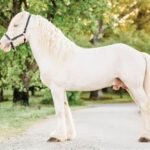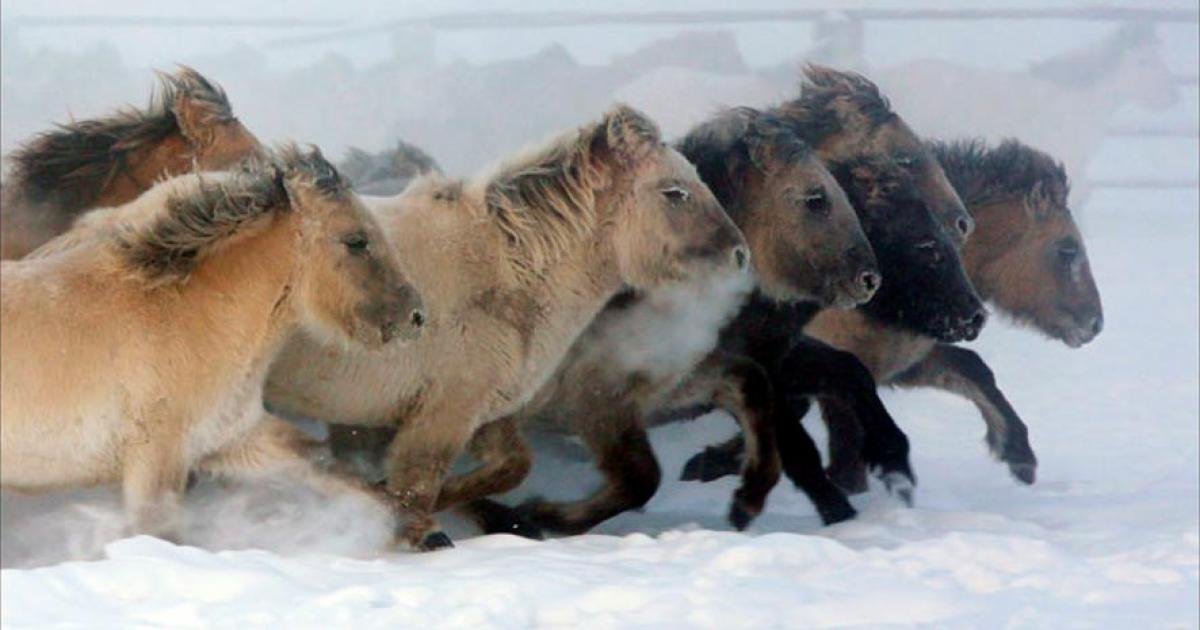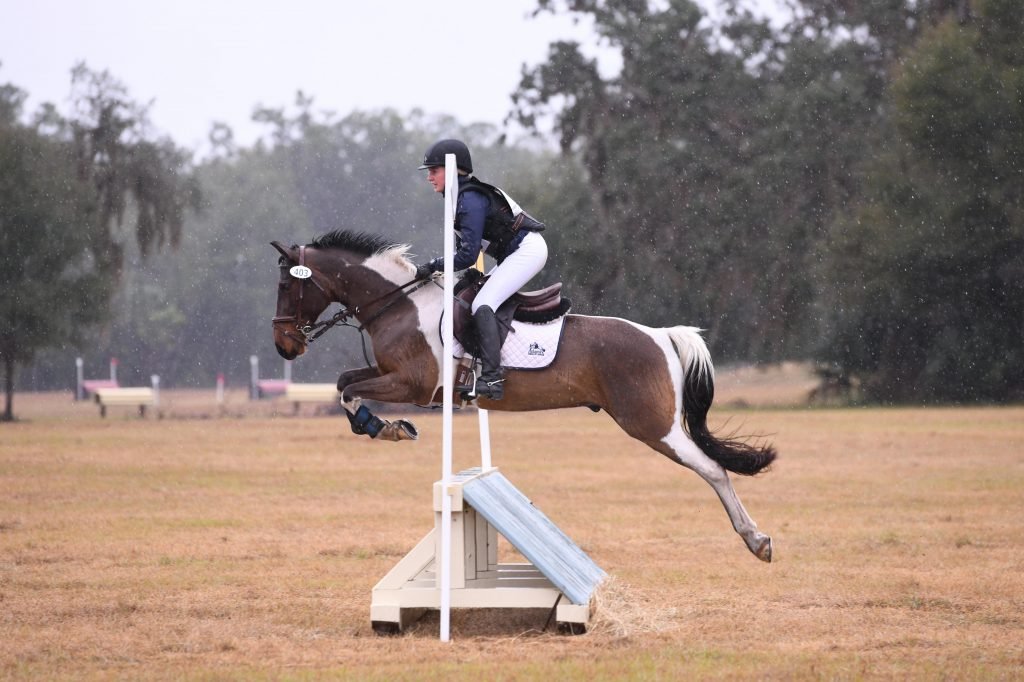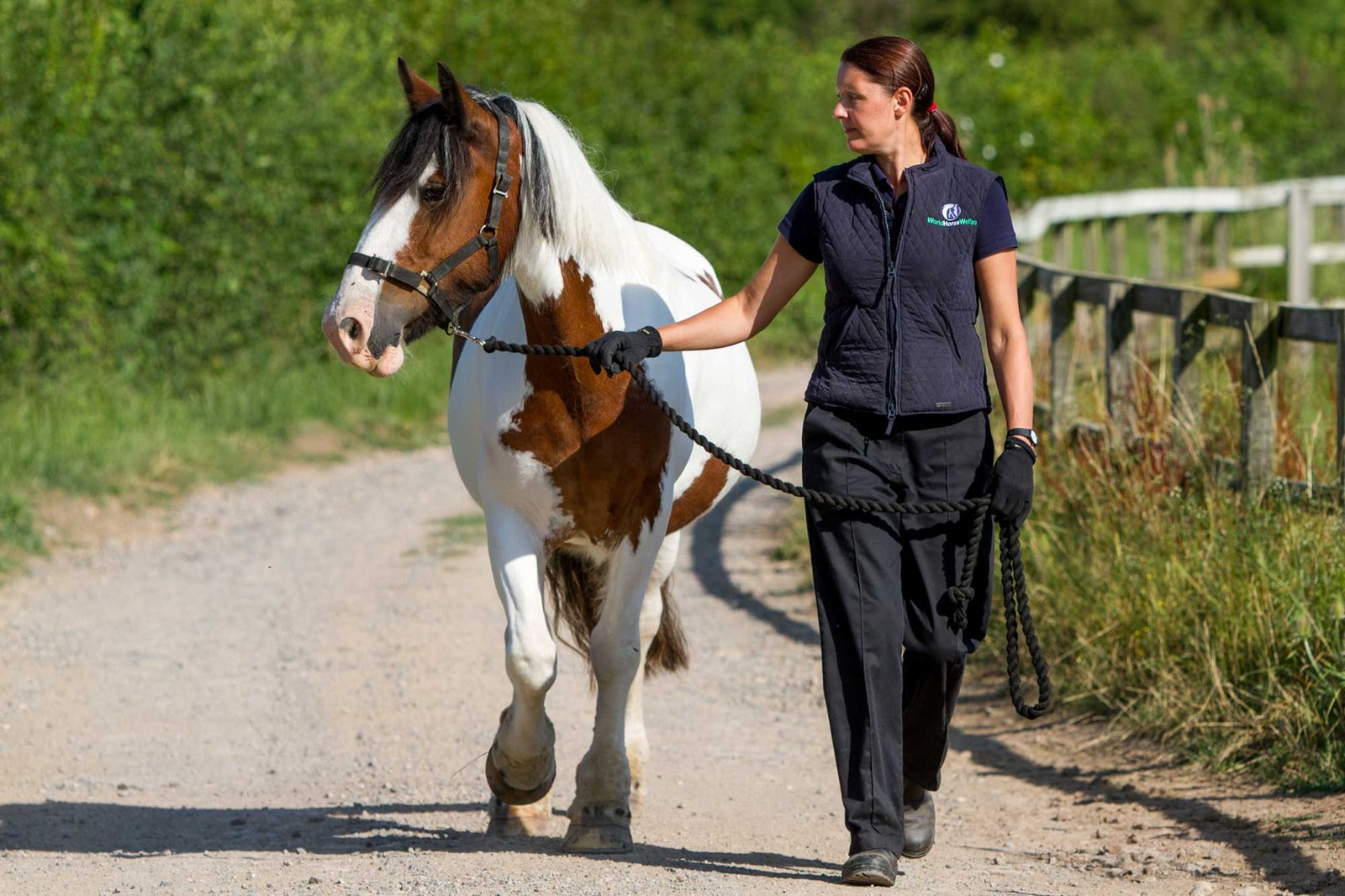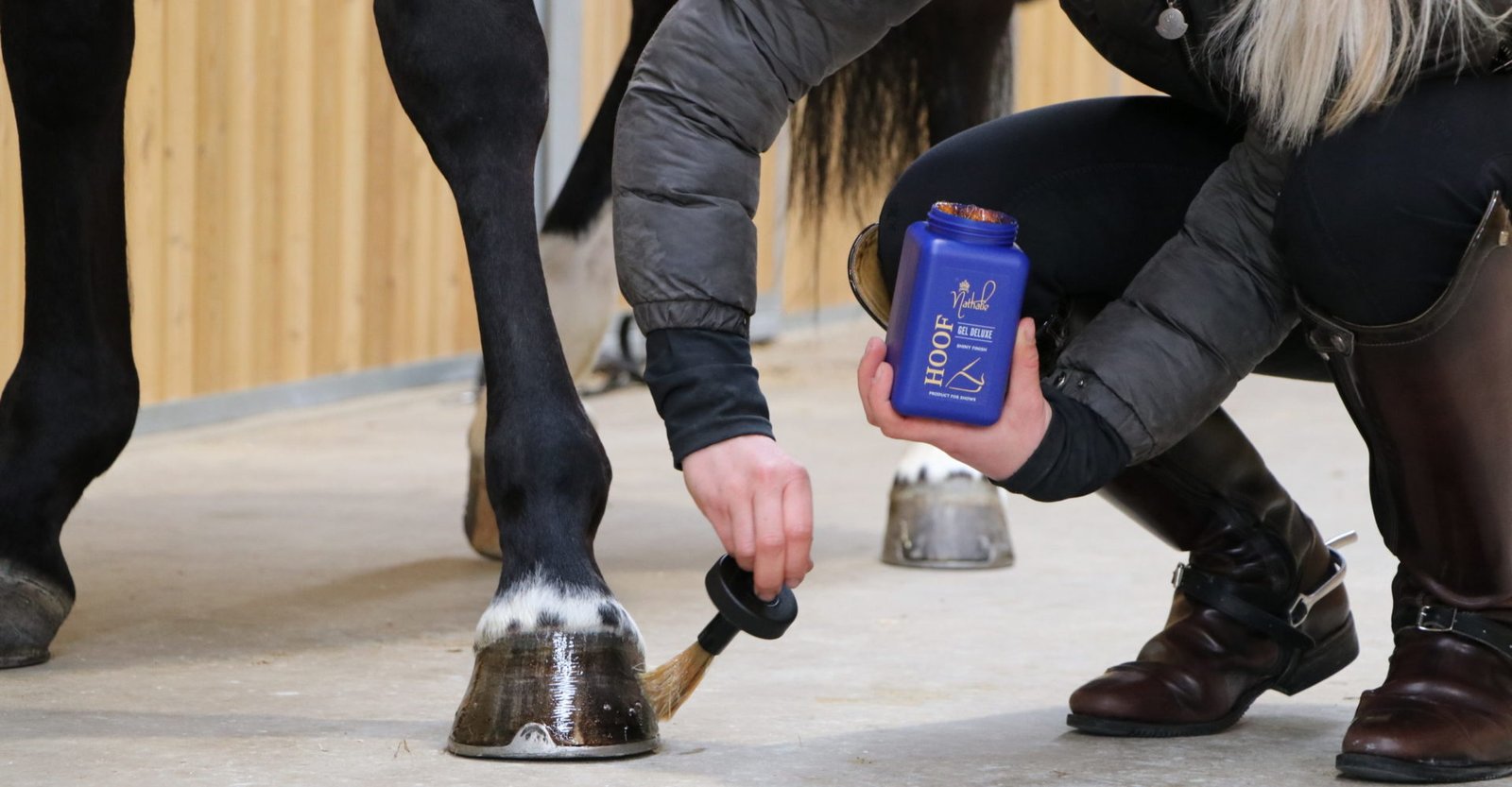Miniature ponies, with their small size and charming personalities, have captivated the hearts of many equestrians and animal lovers alike. Despite their size, these pint-sized ponies possess unique characteristics that make them just as fascinating and lovable as their larger counterparts. Whether you’re considering adopting one or simply curious about them, understanding the traits that make miniature ponies special is key. In this post, we’ll explore the unique characteristics of miniature ponies and why they are so beloved.

A Small Size with a Big Personality
One of the most notable pony character is, of course, their size. Typically standing no taller than 34-38 inches at the withers, miniature ponies are much smaller than regular ponies and horses. Their compact size makes them ideal for small children and those with limited space, as they require less room to roam and easier care compared to larger animals.
Despite their size, miniature ponies have big personalities. Many are known for their curious, friendly, and playful nature. Their small stature often makes them appear even more approachable, and they can form strong bonds with their owners. Miniature ponies are often described as “pocket-sized horses” due to their adorable appearance and fun-loving temperaments. This combination of small size and vibrant personality makes them perfect companions for families, therapy programs, and riding schools.
Versatility in Activities and Training
Miniature ponies are incredibly versatile when it comes to activities and training. Although they may be small, they are just as capable as larger ponies when it comes to performing tasks. These ponies excel in a variety of disciplines, including driving, agility, and even competitive events like jumping and dressage. Their size makes them particularly well-suited for driving, as they can pull carts and small carriages with ease.
In addition to their abilities, miniature ponies are often easier to train due to their high intelligence and eagerness to please. While they might not have the stamina of full-sized ponies or horses, their quick learning ability and willingness to work make them ideal for young riders and beginners. Whether used for children’s riding lessons or as therapy animals, miniature ponies are adaptable and thrive in a variety of settings.
Physical Traits That Make Them Unique
Miniature ponies have distinct physical features that set them apart from regular ponies or horses. Their body structure is often stocky and sturdy, with well-muscled legs and a broad chest. They have a thick, beautiful mane and tail, which often requires regular grooming to maintain their health and appearance.
Their small, refined heads and expressive eyes add to their charm, making them appear gentle and approachable. Some miniature ponies are bred with certain colors or markings that add to their unique appearance, such as pintos, appaloosas, or solid colors like bay and chestnut.
In terms of their health, miniature ponies are generally hardy animals, but they can be prone to certain conditions due to their small size, such as dental problems and joint issues. Regular veterinary care and proper feeding are essential to keeping them healthy and comfortable throughout their lives.
Miniature Ponies as Therapy Animals
Miniature ponies are becoming increasingly popular as therapy animals due to their calm demeanor and ability to connect with people. Their small size allows them to visit places where larger animals may not be suitable, such as nursing homes, hospitals, or schools. They can provide comfort and emotional support to people with disabilities, mental health challenges, or those recovering from illness or trauma.
Their gentle nature and ease of training make them perfect for therapeutic activities. Many programs use miniature ponies to teach empathy, responsibility, and communication skills to children, particularly those with autism or emotional disorders. The non-threatening size of miniature ponies allows individuals to interact with them in a way that may be more comfortable than interacting with larger horses or ponies.
Caring for Miniature Ponies
Despite their small size, miniature ponies still require proper care and attention. Their diet is similar to that of larger ponies, with a focus on grass, hay, and appropriate grain. However, because they are smaller, their food intake should be carefully monitored to avoid obesity, a common issue among miniature ponies. Like all ponies, they need regular hoof care, dental check-ups, and vaccinations to stay healthy.
Miniature ponies also need regular exercise, even though they may not require as much space to run around as larger horses. Daily walks, light work in the arena, and time spent with other ponies or horses are important for their physical and mental well-being. Grooming is essential, especially to maintain their thick coats, which may require regular brushing to avoid matting.
Conclusion
In conclusion, miniature ponies are unique creatures that combine charm, intelligence, and versatility. Their small size makes them accessible to a wide range of people, and their big personalities ensure that they bring joy to everyone they meet. Whether as companions, therapy animals, or even competition partners, miniature ponies are incredibly adaptable and rewarding to care for. Understanding their special characteristics allows owners to provide the best care possible, ensuring these adorable ponies live happy, healthy lives. If you’re looking for a new equine companion, a miniature pony might just be the perfect choice!




